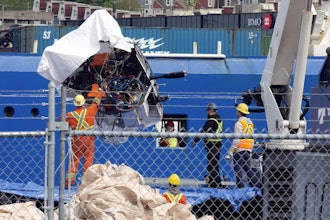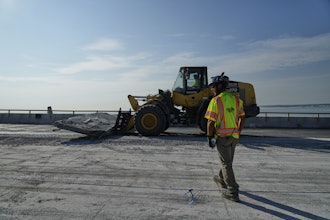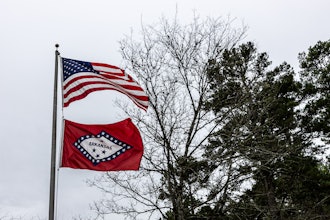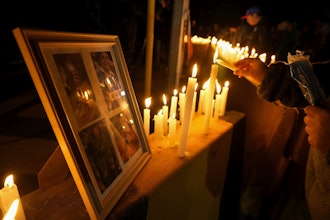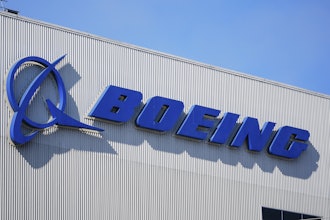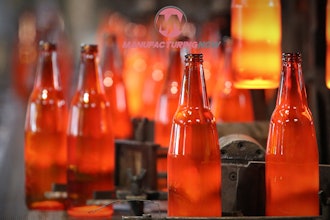YAKIMA, Wash. (AP) — Supporters of an initiative that privatized liquor sales in Washington state have filed a lawsuit challenging the state's rules for implementing it, claiming that liquor regulators circumvented the measure by arbitrarily restricting wholesale distribution and pricing of wine and spirits.
The case marks the latest in a series of lawsuits over how Washington regulates spirits: The state had tightly controlled the distribution and sale of liquor since the end of Prohibition in the 1930s, until voters approved an initiative last fall kicking it out of the business.
The complaints do not directly relate to liquor prices for consumers, but instead center on Washington Liquor Control Board rules that restrict retail sales to restaurants and distributors' deliveries, among other things, and that plaintiffs contend benefit large, out-of-state distributors.
Two distributors dominate the market in Washington: Southern Wine & Spirits and Young's Market.
A coalition of initiative backers, including the Washington Restaurant Association, the Northwest Grocery Association and warehouse giant Costco Wholesale Corp., filed the lawsuit Thursday in Thurston County Superior Court.
"Thousands of small businesses throughout the state will be harmed by the LCB's rules, which impede competition and transfer market power away from the consumer," Anthony Anton, president and CEO of the restaurant group, said in a statement Friday.
"We recognize how difficult this transition has been for the LCB, and are hopeful they will reverse course and fix these erroneous rules," he said.
The Liquor Control Board said in a statement that it was still reviewing the lawsuit. But it called the plaintiff's message "one-sided and inaccurate" and said the rules were adopted as the soundest legal interpretation.
"Unfortunately, there are many different financial relationships that are impacted by (the initiative)," the board said. "What benefits one entity is likely to negatively impact others."
Initiative 1183, allows stores larger than 10,000 square feet and some smaller stores to sell spirits. The measure was the costliest in state history thanks to a $22 million investment from Costco.
Under the measure, no single sale from a retailer to a restaurant can exceed 24 liters. The Liquor Control Board interpreted that language as 24 liters per day, and the lawsuit challenges that ruling.
Most restaurants order inventory on a weekly basis, and the volume restriction does not allow retailers to fairly compete for business, the plaintiffs maintain.
The lawsuit also challenges a rule that prevents international distillers from selling directly to retailers, thereby forcing them to go through distributors, as well as a rule requiring out-of-state distributors to move products through an in-state warehouse before delivery to a retailer, said Bruce Beckett, the restaurant group's director of government affairs.
"If you're moving products from a warehouse in Portland, why can't it go directly to the retailer in Vancouver?" Beckett asked.
Finally, the lawsuit contests a 10 percent fee on direct transactions between a distiller and a retailer.
Distributors are required to pay a 10 percent license fee, under the measure, though that declines to 5 percent in future years.
The rules conflict with what 59 percent of voters adopted last November by approving the measure, said Joe Gillian, president of the Northwest Grocery Association.
"These anti-competitive rules must be changed in order for the market that the voters adopted to be allowed to develop," Gillian said in a statement.
Nearly 20 states control the retail or wholesale liquor business. Some, such as Iowa and West Virginia, have relinquished partial control in recent years, but Washington is the first in that group to abandon the liquor business entirely.





